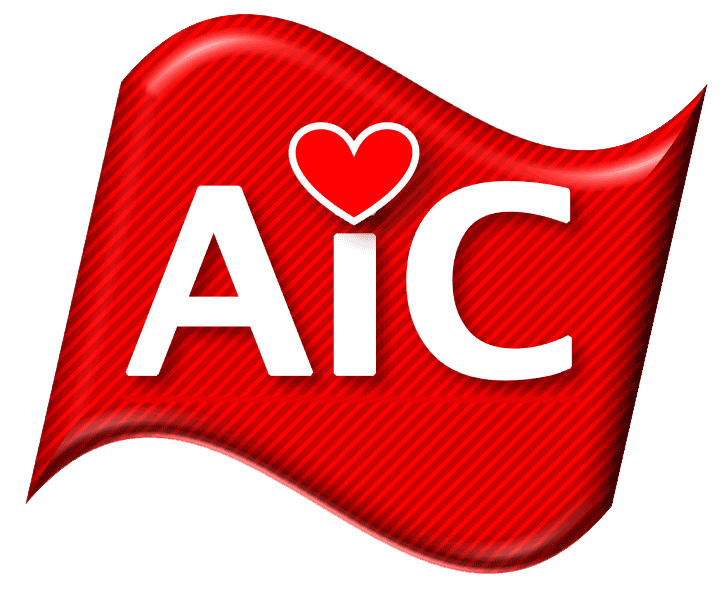How We Change Lives
We Change Lives
By building the ability to relate well with those who suffer, and communicate at a standard that improves well-being. These are the core skills of relationship-centered care.
The ability to:
1. Focus on abilities—not just disabilities.
People are more than patients or clients in need—they are unique individuals, with strengths, resources and abilities. They are not invalid just because they are old, poor or ill.
2. Take an interest in lives—not just treating bodies or solving problems.
Life is more than the body living longer—it is the quality of our experiences and the meaning they hold. Conversations then revolve around what matters, not just what is the matter?
3. Welcome participation from the vulnerable—rather than only doing things for them.
Healing is more than medical treatment or counseling—it is a partnership, a journey, and a spiritual opportunity. Everyone has a role to play, and we all have something to learn from those at the edge of life.
4. Listen and lean closer to painful situations—rather than avoiding or fighting them.
Compassion is more than a feeling or a philosophy—it is showing up and connecting with people in their darkest hour. It is the power of love at work, transforming suffering.
Why?
The human element is often missing in modern medicine, to the detriment of both clients and caregivers. This personal, subjective, meaningful side of health care is the essential balance to the impersonal, objective, measurable side of health care. Both are essential. But in today’s health care, the subjective side of being ill or in need—the emotions, relationships, and meaning it has in our life—are increasingly eclipsed. As a result, patients or clients can often feel that they are at the wrong end of a science experiment.
Technological, economic, regulatory, litigious, and demographic trends are tending to push compassion to the fringes of medicine, and limit it to a mere buzzword. Unless we give people the tools and encouragement they need to take a stand for a more humane way of delivering health care, it is likely to descend into an assembly-line approach that treats people like so many units of consumption.
However, by treating people with dignity and compassion, and becoming partners in the cause of healing, we can overcome the impersonal interactions that demean the human spirit and inhibit healing—and hospitals and health care services can then truly become agencies of healing.
Long-Term Goal
The long-term goal of Adventures in Caring is to produce the materials, methods, and programs that ensure the practice of compassion for those who suffer will be reliably passed on to future generations of professional and volunteer caregivers—at a standard that demonstrably benefits the healing process. So that the mental, emotional and spiritual distress encountered by those who suffer from illness, isolation or trauma is alleviated to the point that their state-of-mind becomes an asset to their health and well-being.
Founder, Simon Fox, speaks about the Oxygen for Caregivers Program
How We Build Well-Being
Volunteer interns interact with residents in ways that deliberately build well-being in all seven domains described in the research paper by Fox et al. (2005) called The Eden Alternative Domains of Well-Being.
1 – Identity:
Stories are heard in depth, and the residents’ lives are known well. The interactions focus on whatever is most important or interesting to the resident at the time. AiC volunteers fortify individuality by appreciating each resident’s strengths and what makes them unique.
2 – Connectedness:
Common ground is established across generations, cultures, and interests. Experiences and stories are shared, sometimes in words, sometimes just in body language. Residents are befriended and become closely connected with enthusiastic young people in life-affirming conversations, for a year or more.
3 – Security:
Trust is built. A safe space is created to speak of things that are close to the heart. Dignity is preserved. Respect is shown. Experiences are validated. Life history is honored.
4 – Autonomy:
Choices are given often. Residents have permission to speak freely and confidentially about anything at all. They are never “shushed.” They choose whether or not to even have a conversation, and if they do, residents control the topic and length of conversation throughout.
5 – Meaning:
Insights are gained. Memories cherished. Blessings counted. A resident’s contribution and purpose in life is acknowledged. Oral history and the wisdom of elders is passed on. Residents have the opportunity to share with young people what they have found to be most important in life.
6 – Growth:
New perspectives are encountered across the generations. New depths plumbed. Forgiveness is found. Sorrow embraced. Discoveries are made. Horizons expand and experience is enriched even for the room bound.
7 – Joy:
Moments of joy and genuine companionship are experienced. Number of smiles increase. Residents have something meaningful and joyful to look forward to—hope is renewed.
How we change Lives for Health Care & Emergency Services Professionals,
Volunteer & Family Caregivers
Tools for Professional Caregivers

These powerful tools to build a culture of compassion and well-being. When combined, our three DVD-based training programs become a transformational course that produces lasting behavioral change in the way people interact with one another. The result is a culture of compassion in which staff and patients thrive.
For Volunteer & Family Caregivers

These tools teach how to communicate in ways that ease the pain and lift the spirit. Two separate videos shows volunteers and lay caregivers how to approach emotionally sensitive situations with confidence and how to turn difficult conversations into learning conversations, identify 3-layers of a conversation, and recognize the choice-points when conversations can turn around.
